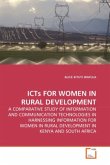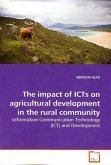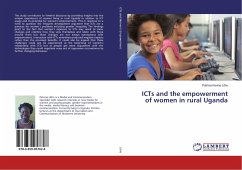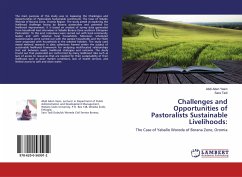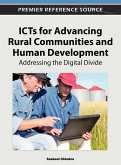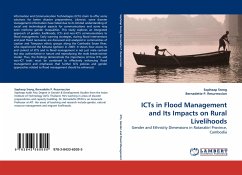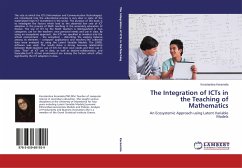The Information and Communication Technologies (ICTs) have been regarded as a 'magic bullet' to solve socio-economic problems in developing countries in particular. This book presents the results of four case studies conducted in four rural communities in Tanzania. The book uses sustainable livelihoods framework and ICTs for development models as the theoretical framework to establish the link between ICTs and rural livelihoods. While ICTs have contributed to higher earnings and savings, information literacy, improved farming techniques, better access to information on new cash crops, and community interaction and knowledge-sharing, telecentre managers generally have failed to accommodate the extremely poor and disadvantaged. This book is suitable for researchers, telecentre managers, mobile phone operators, universal access policy makers, telecommunication regulators and anyone interested with ICTs for socio-economic development.
Bitte wählen Sie Ihr Anliegen aus.
Rechnungen
Retourenschein anfordern
Bestellstatus
Storno


